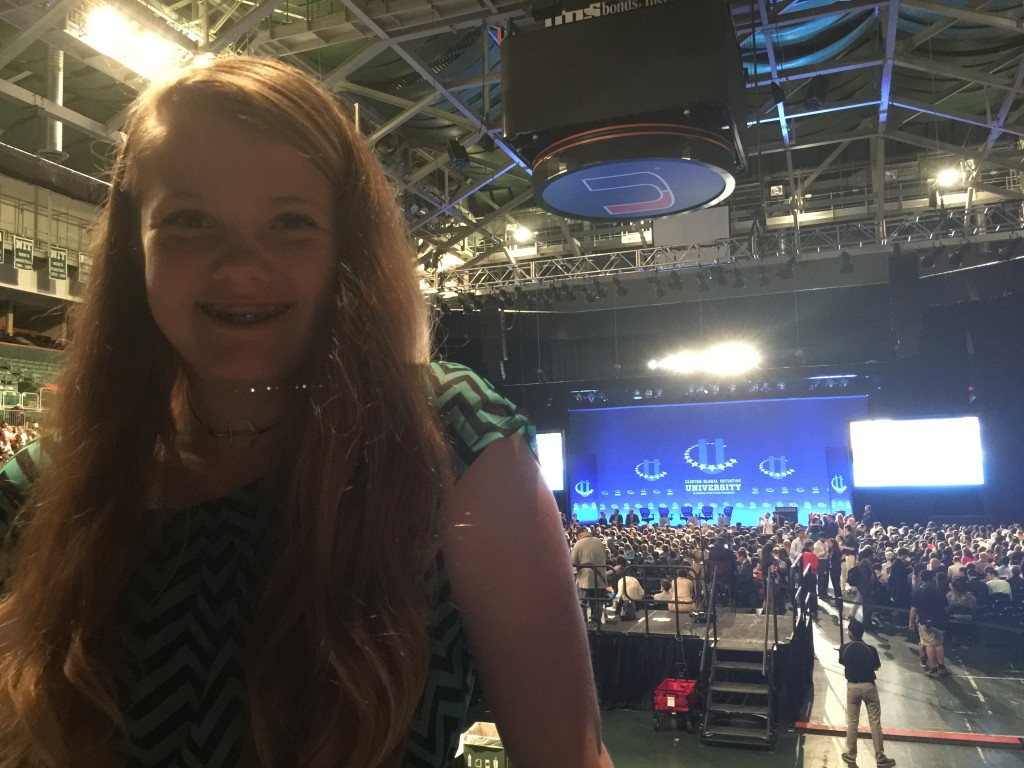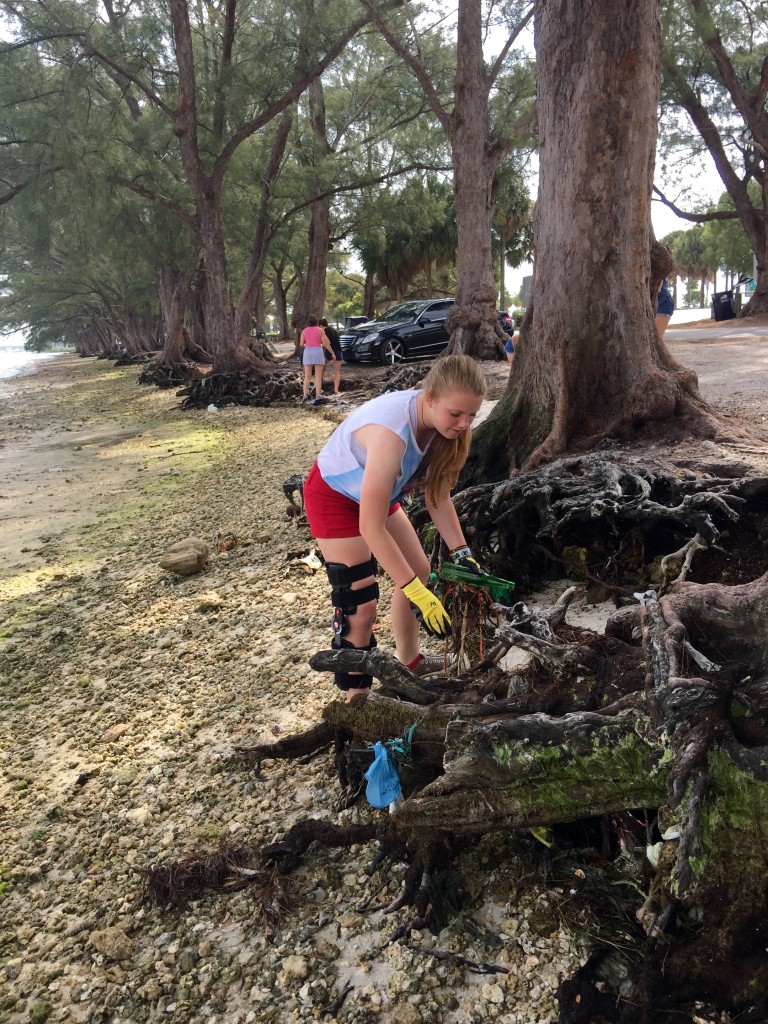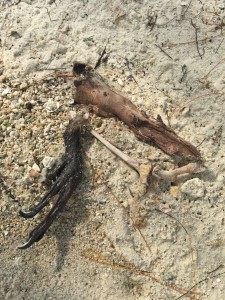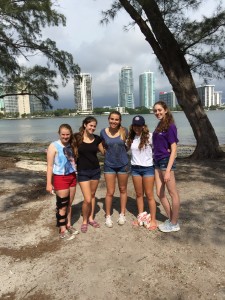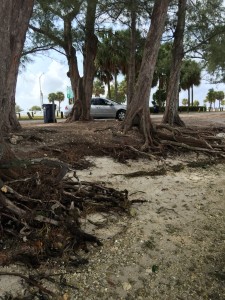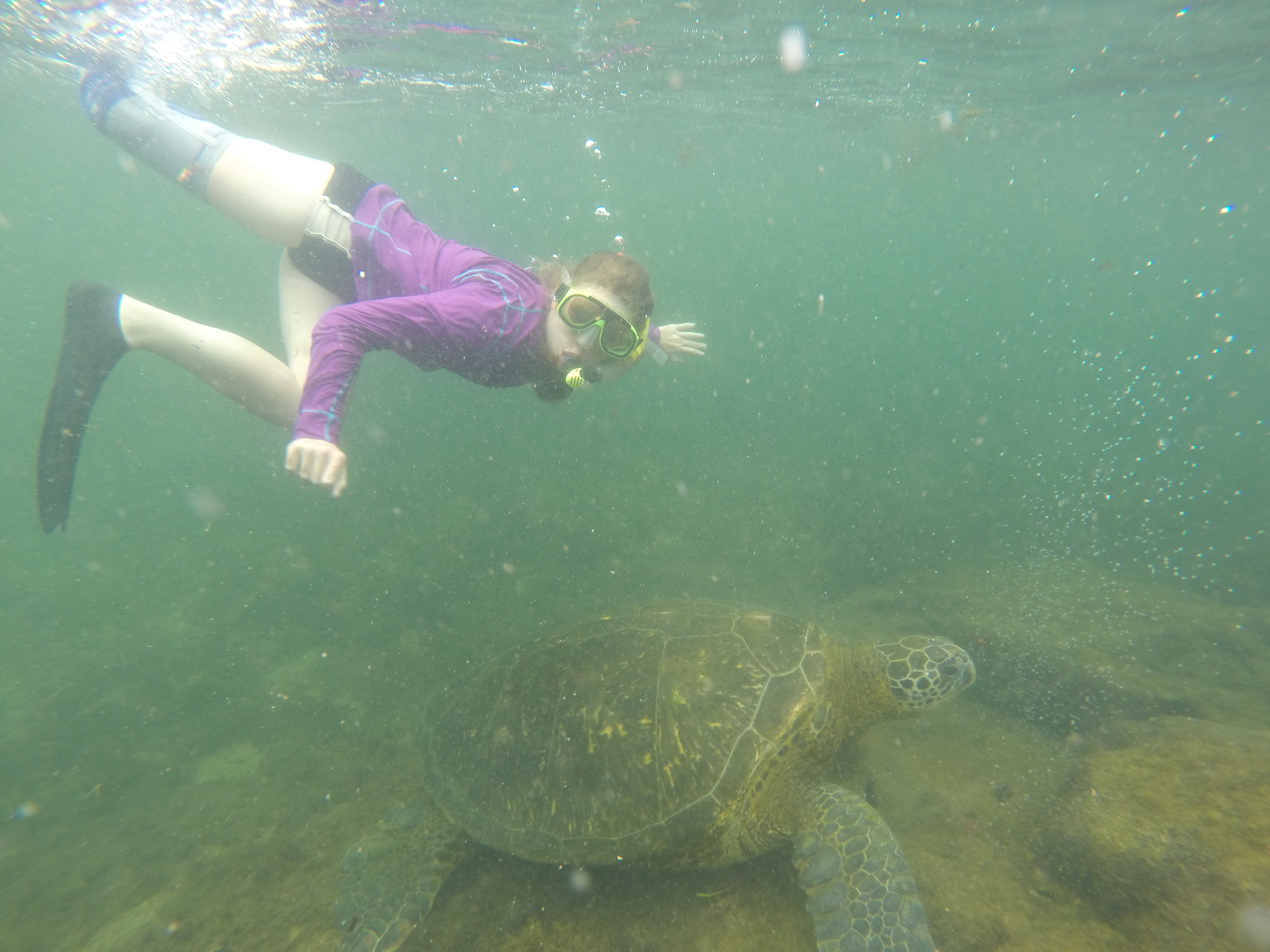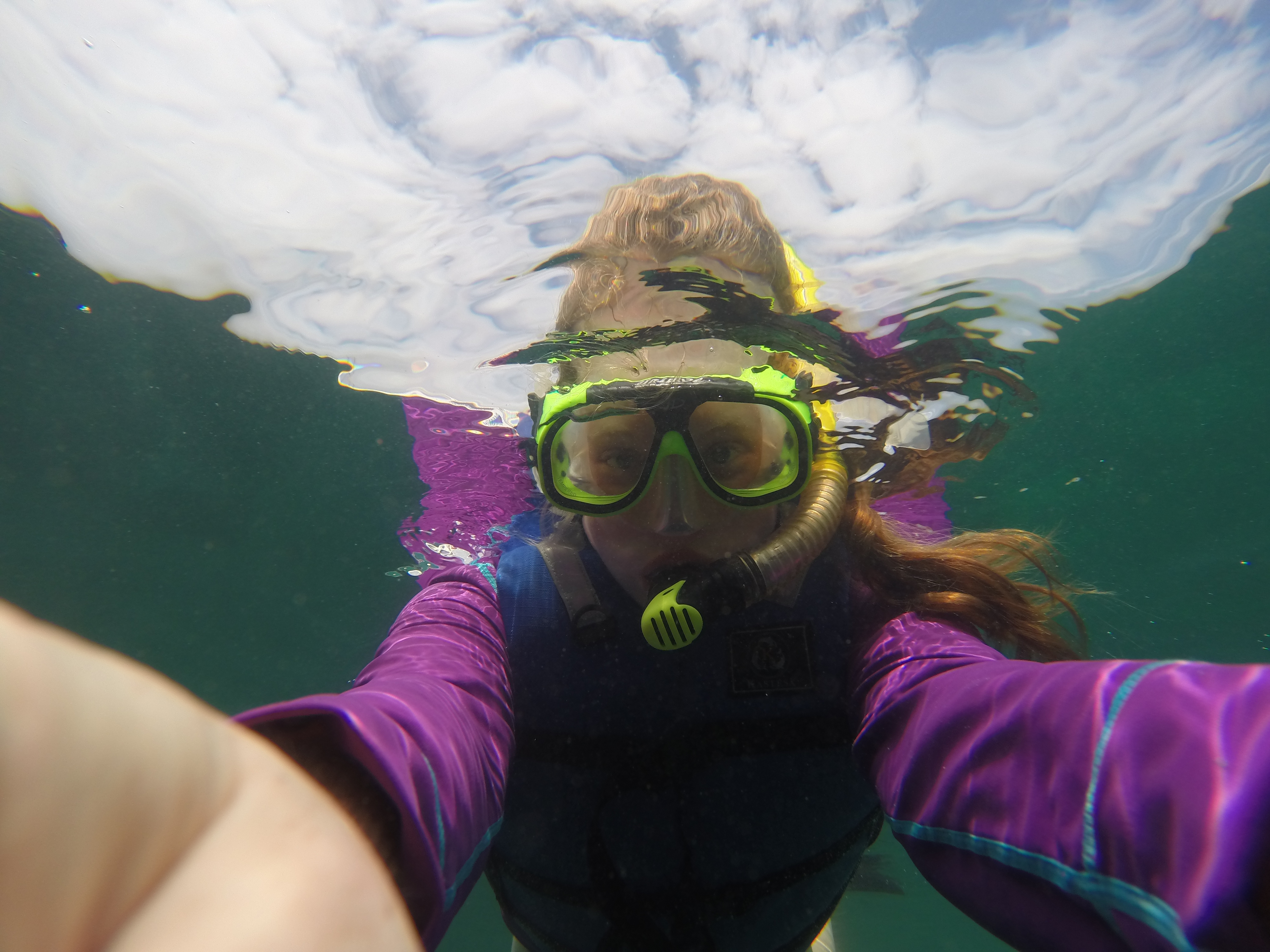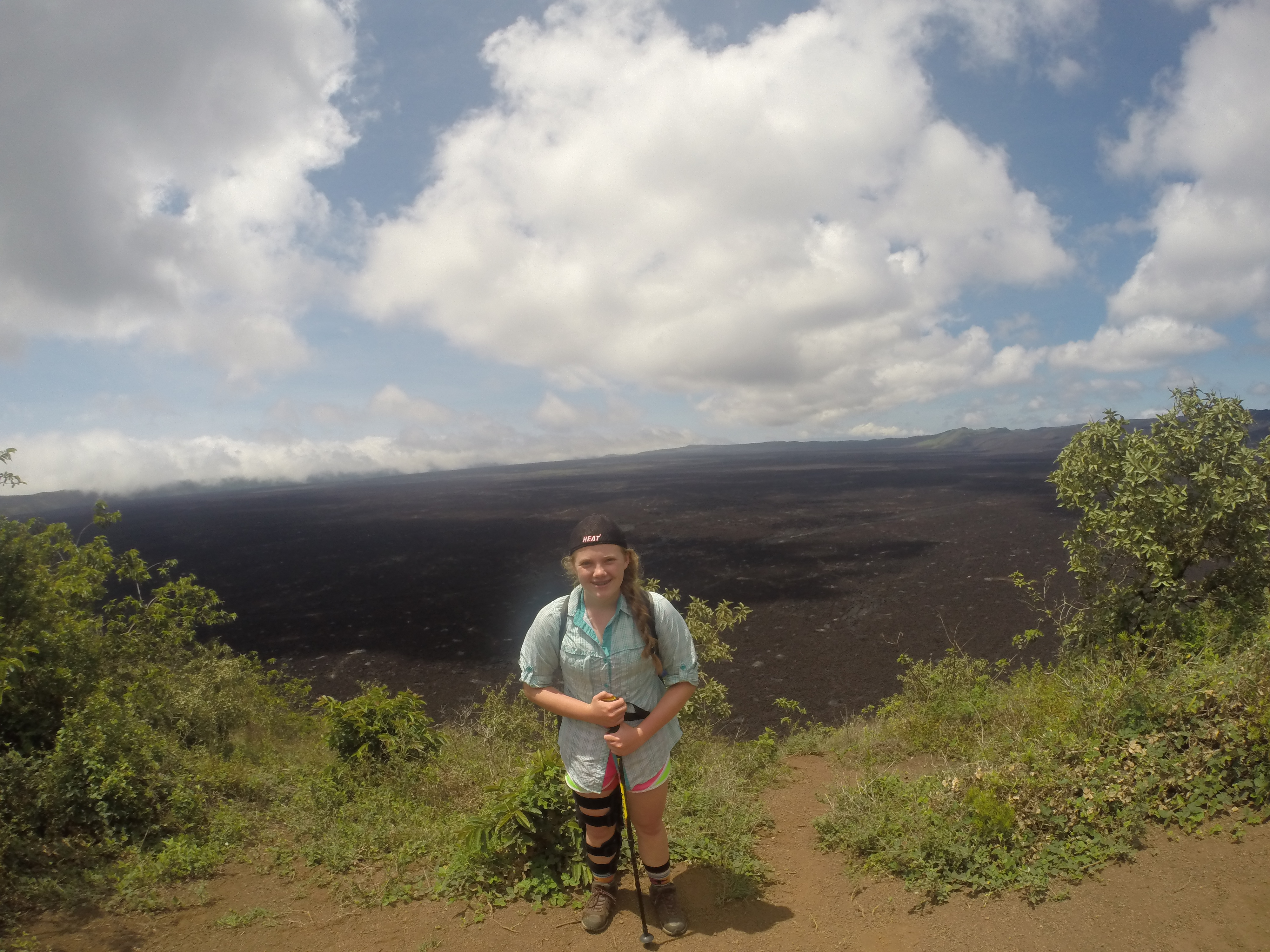An Awesome Night for Sustainability
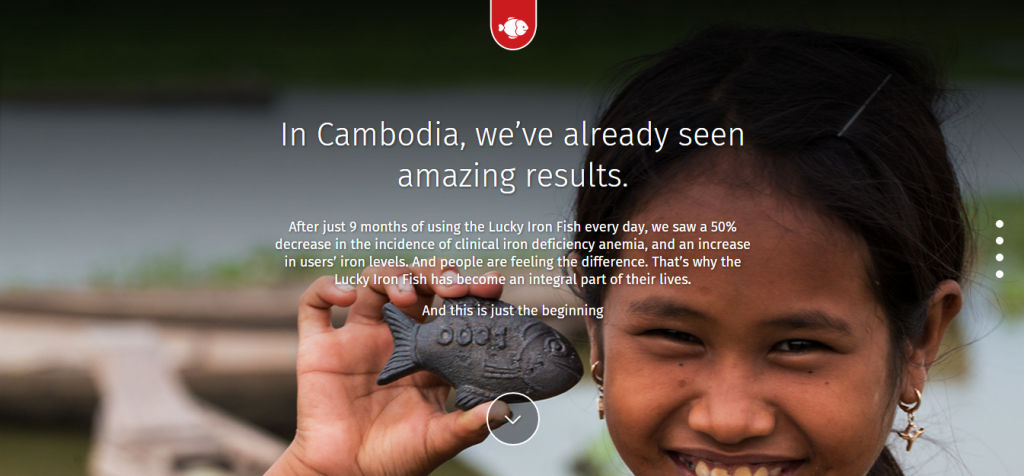
On Friday, March 6th I attended the Clinton Global Initiative University Conference, held at the University of Miami, where multiple people spoke about their sustainable initiatives that are changing the world. It was an inspiring evening.
Donna Shalala, the current president of the University of Miami, introduced former United States President Bill Clinton. For President Clinton’s introduction speech he announced that after Shalala retires from her job at the U, he will promote her to the role of President and CEO of the Clinton Foundation based in New York. President Clinton then introduced a lightning round of college students who described their own initiatives. (More on that below.)
A guest panel followed the lightning round including Yale undergrad student, Paul Lorem, an orphan from Sudan with a remarkable story of survival; Actress America Ferrera, an incredibly passionate speaker on the rights of women, families, and immigrants; Dr. Vivek Murthy, a graduate of Harvard who talked about his upbringing in India, as well as creating a number of sustainable businesses with his sister while he was in college and today is the US’s Surgeon General; and finally, Nobel Peace Prize winner Tawakkol Karman from Yemen who discussed how she, as a young woman and as a mother of three young children, found her voice and created a women’s rights advocacy movement that lead to the destruction of that country’s long time dictatorship and improved freedoms within her Arab country.
As impressive as the panel and its speakers were, some of the projects that the students shared during the lightning round were equally impressive. The one I want to most share with you was from Gavin Armstrong. Armstrong is the CEO of the Lucky Iron Fish Project. The Lucky Iron Fish Project supplies families in Cambodia with one fish. These aren’t just any fish though, they are fish-shaped cast iron ingots used to provide the dietary supplementation of iron. Initially the Project wanted to help 5,000 people, but now because it has captured people’s attentions, the goal is to improve the health of at least 1 million Cambodians.
The entire evening’s events reminded me of the program that I’m currently enrolled in at my high school, Palmer Trinity School, in Miami and the Academy of Agents of Change program. The AAOC is a program designed to help young, prospective social entrepreneurs find a problem in their community that they are passionate about and find their voice in helping the problem become recognized. The program is a partnership between my school, Outward Bound, Ashoka, and Lonesome George & Co., and is designed to foster leadership skills as my classmates and I work to create sustainable businesses along the lines of what the college students are doing within the CGIU. In fact, this website and my Sink or Swim initiative is my sustainable business project in that class. To learn more about the Agents of Change, visit http://www.lonesomegeorge.net/academy/, and to learn more about the CGIU visit http://www.cgiu.org/.
